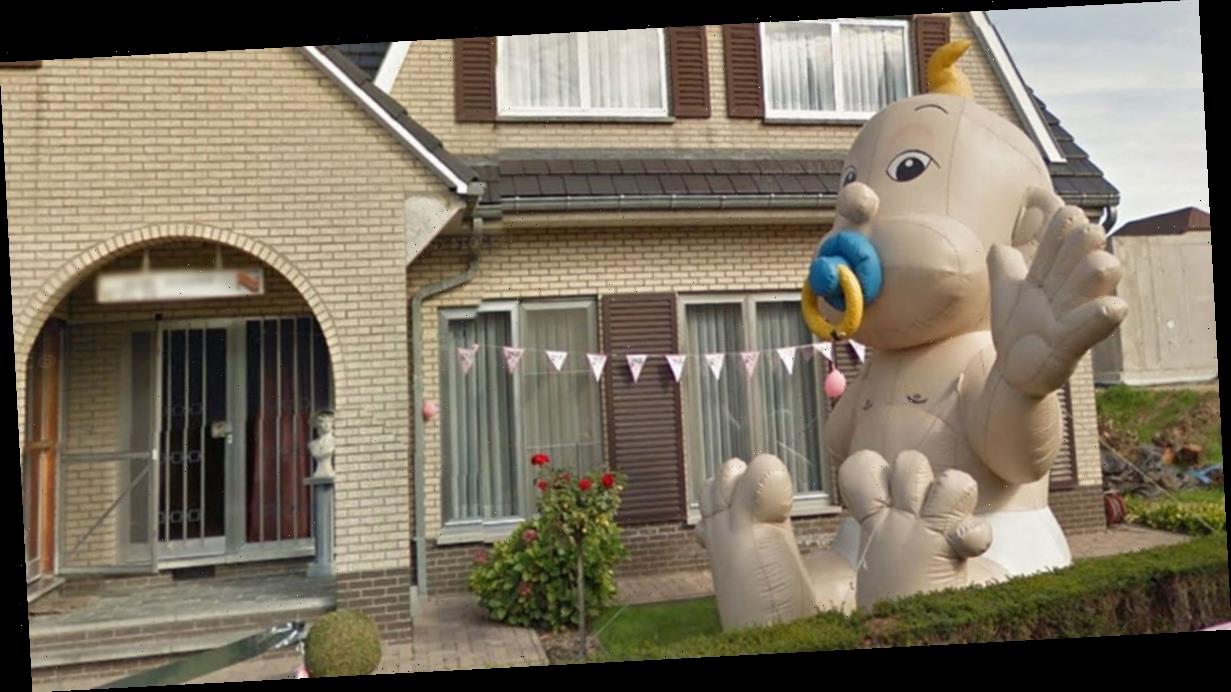In “Every Breath You Take,” Casey Affleck plays a psychiatrist — or more to the point, he plays a movie psychiatrist, the sort of character who’s been around since Ingrid Bergman peered through wire-rimmed spectacles, offering repressed pensées about repression in Hitchcock’s “Spellbound” (1945). The movie psychiatrist may, at times, bear a passing resemblance to the real thing, but mostly he’s a creature unto himself: impeccably dry and detached, scribbling great gobs of notes and — inevitably — dealing with a secret closetful of his own issues.
Affleck, who often plays quiet men with a short fuse, here dials back the hidden volatility, adopting a scholarly air of serenity that he wears surprisingly well. Handsome in a trim beard and designer glasses, his voice tuned to a note of becalmed empathy, he convinces us that Dr. Philip Clark, a therapist who works out of his home in the Pacific Northwest, isn’t a bad guy, but that he has messed up his life just enough to deserve a comeuppance. Or at least a major correction.
The comeuppance arrives in the form of Sam Claflin, a British actor who has often played heartthrobs, here cast as a charmingly “sincere” and insinuating creep who makes it his mission to disrupt the good doctor’s life. Why? One of Philip’s patients, a young woman named Daphne (Emily Alyn Lind), spent 14 months in a psych ward and kept on threatening suicide. So Philip decided to help her out in a most unorthodox way. In his picturesque office den, he squirmed past her defenses by dropping his shrink façade and telling her his life story, including things he’d never told his wife. He shared his trauma.
It worked: Her suicidal thoughts receded, her distressed symptoms went away. We see Philip discussing the case, with a touch of pride, in front of an audience at the college where he teaches. And then? Then Daphne’s friend dies, and she’s so distressed that she takes her own life anyway. So much for a priest of therapy making himself a confessor.
James Flagg (Claflin) is Daphne’s grieving brother, who after getting past the shock of her death presents himself as a polite and gracious chap. But we can already see that it’s an act, since he wastes no time maneuvering himself into the lives of Philip’s real-estate-agent wife, Grace (Michelle Monaghan), and his daughter, Lucy (India Eisley), a troubled teenager who is home after getting kicked out of boarding school for doing a line of cocaine in a science lab. She’s ripe for a classy bad boy like James. The setup is a knockoff of “Cape Fear”: bad apple with a grudge — maybe a justified one — stalks the object of his hate by trying to tear his family apart. His most threatening tool? Seduction.
Claflin is a terrific actor who, at moments, has reminded me of Hugh Grant. Here, with a courtly manner just this side of brooding, giving those complex dimples a workout, he’s more slithery, like Matt Dillon infused with the leer of John Lydon. His James is a born manipulator who’s almost infuriatingly nice and solicitous. Until he isn’t.
“Every Breath You Take” was shot in Vancouver (standing in for suburban Washington State), and the two houses in which much of the action unfolds are such tastefully grand pieces of real-estate porn, so isolated against their misty snow-capped-mountain backdrops, that they could almost be country mansions out of a Jane Austen novel. The movie seems to be taking place in The Wooded Land Of No Neighbors Or Streets With Stores. You get the feeling that the director, Vaughn Stein, became obsessed with the design of the thing: the fake fireplaces that look more expensive than real ones, the modernist wine glasses, the museum-like coffee shops, the Clarks’ awesomely long and thin swimming pool, which Grace seems to take a soul-cleansing dunk in every other scene. There isn’t a color in the movie that isn’t gray, white, green, black, or brown, all lit by exquisitely overcast skies.
You only wish that this much attention had been lavished on the script, by David K. Murray, which is functional and, at crucial moments, rather minimal. The movie carries you along, and it’s got some high-tension moments, but here are one too many coincidental running-into-each-other-in-town close encounters (James has a way of showing up the way a slasher does). And the movie skimps on the basics of what should have been a central issue: Why did Philip decide, so cavalierly, to pour his heart out to his patient? He gets called on the carpet for it, and we can deduce, in the abstract, that he was doing it for himself, but a movie with more psychological layering would have used a moment in those sessions to sketch in his trauma.
As it is, “Every Breath You Take” is one more movie that uses the death of a child as a shorthand way of depicting a marital breakdown that isn’t quite depicted. It also marks the second time that Casey Affleck has played a man scarred and numbed by that kind of loss. He works hard to give a performance that’s very different from his Oscar-winning one in “Manchester by the Sea,” and he gets by with it, but he’d now do well to take a long break from this kind of role. An actor as good as he is doesn’t want repressed grief to become his brand.
Read More About:
Source: Read Full Article

